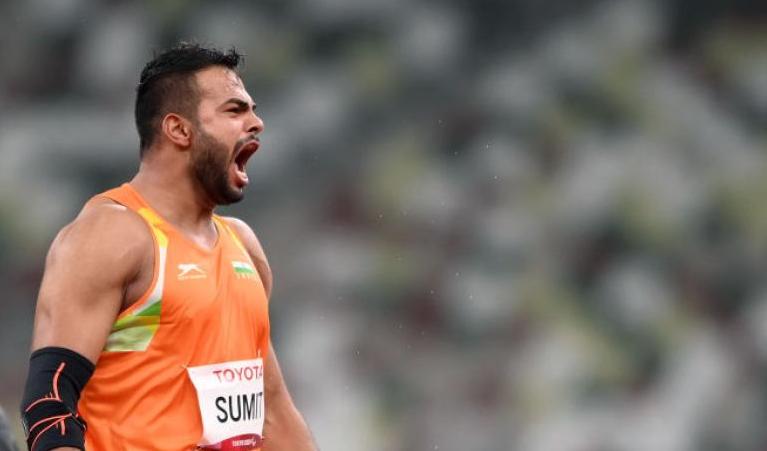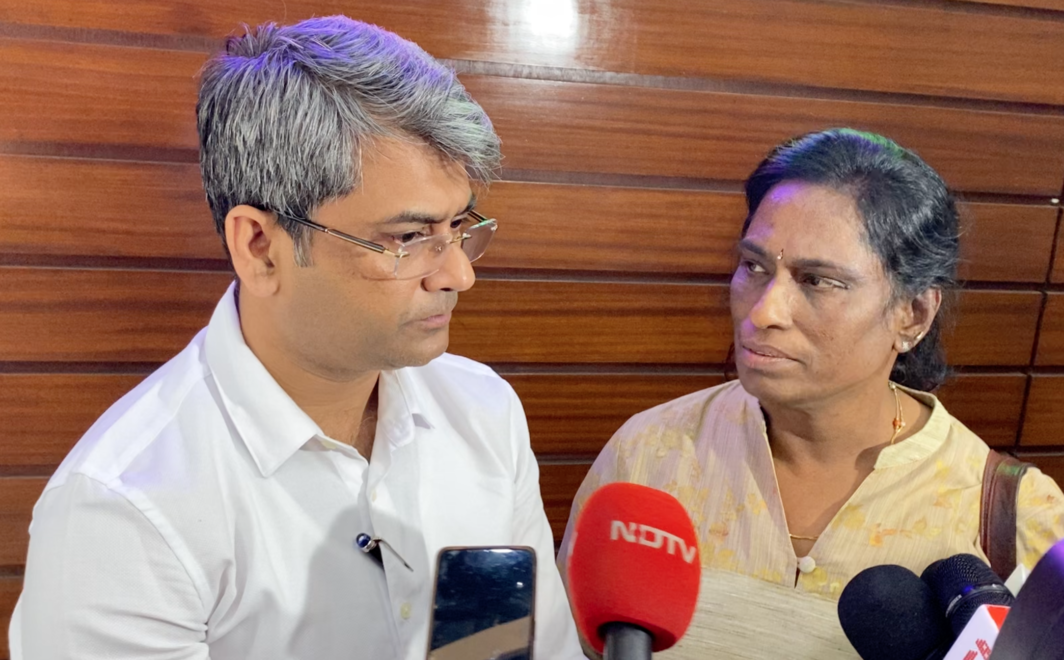Of all the controversies in the run-up to Asian Games, equestrian and sailing caught most people’s fancy, but the perhaps worst of the lot were kabaddi, taekwondo and traditional boat. Some officials in these sports behaved like they are a law unto themselves, not answerable to anyone. The first two got rapped on their knuckles while traditional boat selection escaped scrutiny.
Curiously, the Delhi High Court has ordered a trial match between the Indian men’s kabaddi team that came back home with bronze medal against a team of those players who believed they had been left out unfairly. The buzz against the Federation officials, always strong, has only grown louder now.
The behaviour of such officials, in complete disrespect of the National Sports Code and in the mistaken belief that the Olympic Charter and autonomy it guarantees is some magical armour, has caused a perception that all sports officials are as conniving. Perhaps it would not be right to paint them all with the same brush.
Is there an escape from such controversies if not from the clutches of some self-serving officials? Of course, there is. If India does not believe that and wallows in status quo, it would have only itself to blame. All it takes is sensible leadership and vision, which has accountability and transparency in selection as twin tenets, to steer India clear of such needless drama.
Despite June 30 being the last date for entries by name, the Ministry of Youth Affairs and Sports had just two days in early August in which to clear the contingent of athletes and support staff. It is unlikely that it was able to run through the list with a toothcomb. Come to think of it, it did not even have the chance to ask IOA to justify the selection of the handball and traditional boat teams.
This time around, the Ministry of Youth Affairs and Sports appeared to have let the Indian Olympic Association the freedom to vet the nominations made by various National Sports Federations. The Ministry has the bandwidth to verify the credentials of those selected, but the IOA – whose Secretary General had infamously called it a post office – was allowed a free hand.
It was supposed to oversee selection of teams like gymnastics golf, archery and taekwondo whose national federations are not recognised by the Ministry. Curiously, while the selections of teams from the first three sport, with some help from SAI, did not cause it any grief, the fact that it forgot to have selection trials for Taekwondo left it red-faced.
It also got involved in equestrian and sailing, whose Federations that are respectively run primarily by Army and Navy personnel. IOA first rejected the show jumping team, then after one of its employees attended the Equestrian Federation of India’s selection committee meeting, it allowed itself to be convinced to approve the show jumping team as well.
Some folk who pumped in a great deal of money in attempting to meet the qualification norms and the preparation for the Asian Game convinced EFI and, more importantly, IOA to see that the seven athletes and their horses were cleared for participation. It did not seem to matter to anyone that the show jumping horses were not in training for a while before the Asian Games.
So what can we do to change the scenario?
First and foremost, it is imperative that the Ministry, IOA and the NSFs come together and establish selection norms and procedure well ahead of the Games. If these are identified and accepted by all stake holders, there would be little scope for controversy, let alone athletes seeking recourse to legal courts.
The value of an Asian Games participation seems pretty high on the job market that does not really worry so much about the quality of performance. And it is usually sport flying under the radar of most sports fans that get away with tinkering selection processes — even aftet teams have been announced.
The other area in which India can do with a fresh impetus is the establishment of a Sports Tribunal to deal with such issues. Hopefully, such a dispensation will have a greater understanding of how international sport functions. A Sports Tribunal would be able to see through letters from the Asian Handball Confederation “confirming” the Indian men’s team is ranked seventh in the continent.
Similarly, a Sports Tribunal would reject the Indian Kayaking and Canoeing Association’s contention that the Traditional Boat team had “qualified” for the Asian Games through and event held well after the last date for entries had passed. The entries of the handball and traditional boat teams in the Asian Games are about the biggest mockeries on the national sporting community.
It will also ensure that there is consistency in how athletes’ grouses are addressed.
Aparna Balan’s attempt to impress the Kerala High Court to instruct the Badminton Association of India to consider her claims ahead of Pullela Gayatri Gopichand was rejected on grounds that it did not have jurisdiction. The same court that had ordered the Athletics Federation of Indian to send PU Chitra’s entry to the World Championships in London last year.
The Supreme Court also did not entertain the petition filed by two 400m runners, Prachi Chduhary and Chhavi Sahrawat against the Athletics Federation of India decision not include them in the relay squad on the grounds that they were non-campers, even though they had turned in better times in the National Inter-State Championship than those selected.
It is easy to imagine you wondering if one has suggested that the whole sports eco-system undergo massive changes. Far from it. Each stakeholder needs to only fine-tune expectations and deliverables and make them public so that there is greater acceptance of the selection policies and procedures, beyond the scope of manipulation by any officials.
This piece was first published in Deccan Herald.



